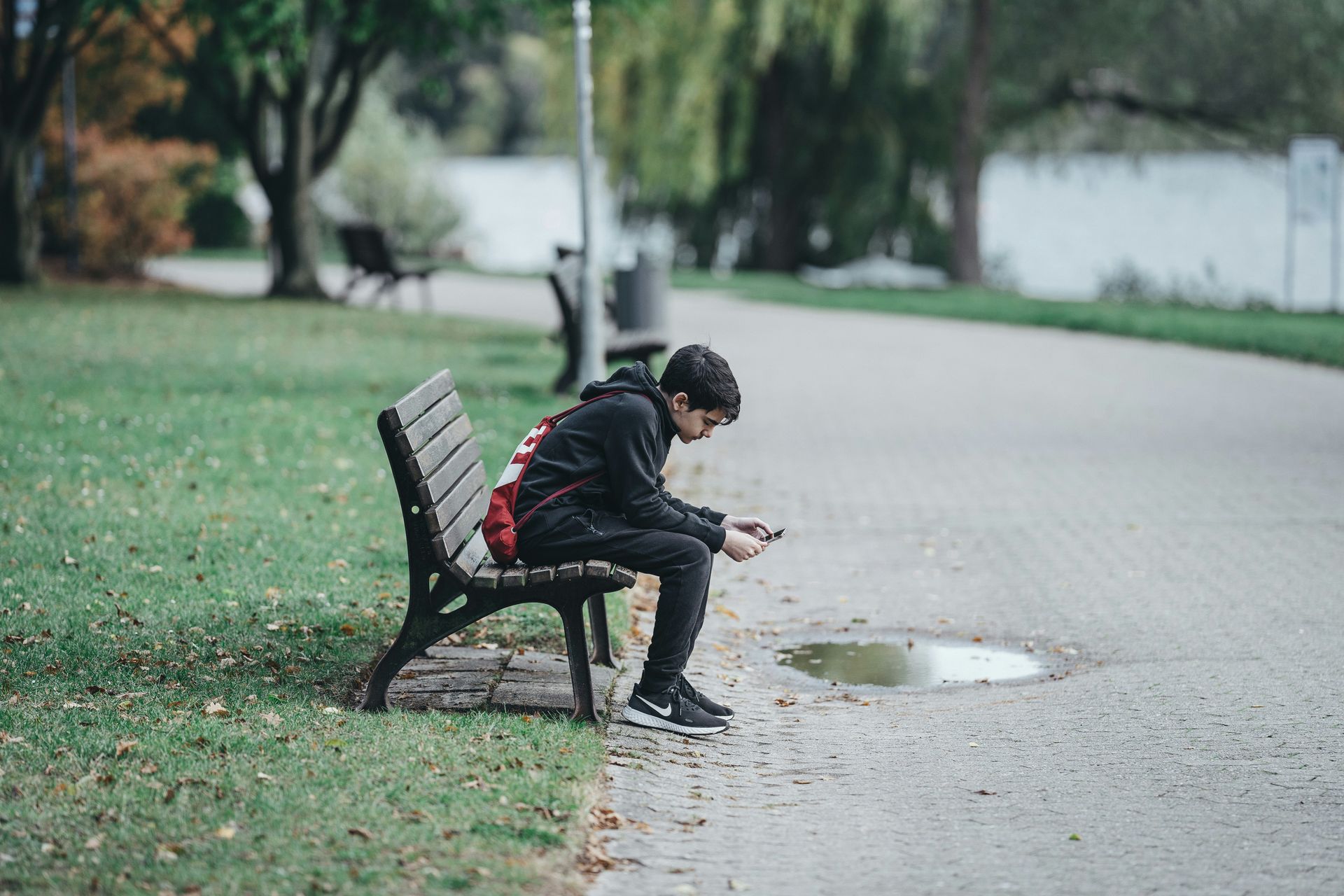Dealing with Teen Anxiety: A Guide for Parents
Understanding the Root Causes and Providing Support Can Make a Significant Difference

Teen anxiety can be challenging for both teens and parents. It's common, with the National Institute of Mental Health (NIMH) reporting that nearly 32% of adolescents experience an anxiety disorder at some point. Understanding the root causes and providing support through open communication and professional resources can make a significant difference.
Encouraging Open Communication
Encourage your teen to talk about their feelings. Active listening and validation are key. Let them know it's okay to feel anxious and that you're there to support them. Avoid minimizing their concerns; instead, work together to find coping strategies that work for them, such as mindfulness exercises, physical activity, or creative outlets.
Mindfulness Exercises: Mindfulness can be incredibly beneficial in reducing anxiety. According to a study published in Behaviour Research and Therapy, mindfulness-based interventions have been shown to significantly reduce anxiety and stress in adolescents . Techniques such as deep breathing, progressive muscle relaxation, and guided imagery can help teens manage their anxiety levels.
Physical Activity: Regular physical activity is another effective way to manage anxiety. The Anxiety and Depression Association of America (ADAA) states that exercise and other physical activities produce endorphins, which act as natural stress relievers. A study from the Journal of Adolescent Health found that teens who engaged in regular physical activity reported lower levels of anxiety and depression.
Creative Outlets: Engaging in creative activities can also help alleviate anxiety. Art, music, writing, and other forms of creative expression provide teens with an outlet to process their emotions. Research published in Psychology of Aesthetics, Creativity, and the Arts suggests that creative activities can reduce anxiety and improve emotional well-being in adolescents.
Seeking Professional Help
Professional help can also be beneficial. Cognitive-behavioral therapy (CBT) is effective for many teens dealing with anxiety. Encourage your teen to see a therapist if their anxiety is overwhelming. Schools often offer counseling services, and many communities have mental health resources available.
Cognitive-Behavioral Therapy (CBT): CBT is a well-established treatment for anxiety disorders in adolescents. According to the American Psychological Association (APA), CBT helps teens identify and challenge negative thought patterns and develop healthier ways of thinking and behaving. Studies show that CBT can significantly reduce anxiety symptoms in teenagers.
School Counseling Services: Many schools provide counseling services that can be a valuable resource for teens struggling with anxiety. School counselors are trained to help students manage their emotions, cope with stress, and develop problem-solving skills. A report by the American School Counselor Association (ASCA) highlights the positive impact of school counseling on students' mental health and academic performance.
Teen Life Coach: A life coach can enable your child to have a safe, neutral, non-intimidating place to find comfort and support as well as guidance. A life coach can also help to bridge the relationship between you and your child. When looking for a life coach, find one that embodies your family values. Who has empathy for what not only your child is going through but what you are going through. It's important to establish a certain level of consistency and trust with the coach for all parties involved to get the greatest impact. A life coach can also work with your child on integrating all the services they are receiving and help them build these healthy tools into their daily life, setting them up for the ultimate success.
Community Resources: Communities often have mental health resources available, such as local mental health clinics, support groups, and hotlines. Organizations like the National Alliance on Mental Illness (NAMI) offer resources and support for families dealing with teen anxiety. Utilizing these resources can provide additional support and guidance for both parents and teens.
Additional Support Strategies
In addition to the above strategies, you can also:
- Establish a Routine: Consistent routines can provide a sense of stability and security for teens, which can help reduce anxiety. Encourage regular sleep patterns, meal times, and study schedules.
- Limit Screen Time: Excessive use of social media and electronic devices can exacerbate anxiety. Set boundaries for screen time and encourage offline activities.
- Promote Healthy Habits: Encourage a balanced diet, adequate sleep, and hydration. Healthy lifestyle choices can have a positive impact on mental health.
- Foster Social Connections: Strong social support networks are crucial. Encourage your teen to maintain friendships and participate in social activities.
Call to Action
Struggling with your teen's anxiety? Get expert advice by scheduling a free 30-minute parental support call. Book now to learn effective strategies to support your teen and improve their well-being.
By understanding and addressing teen anxiety, parents can play a crucial role in helping their adolescents navigate this challenging time. With the right support and resources, teens can learn to manage their anxiety and lead healthier, happier lives. Ready to book a Life Coaching Session for your young adult or teen? Book HERE.











